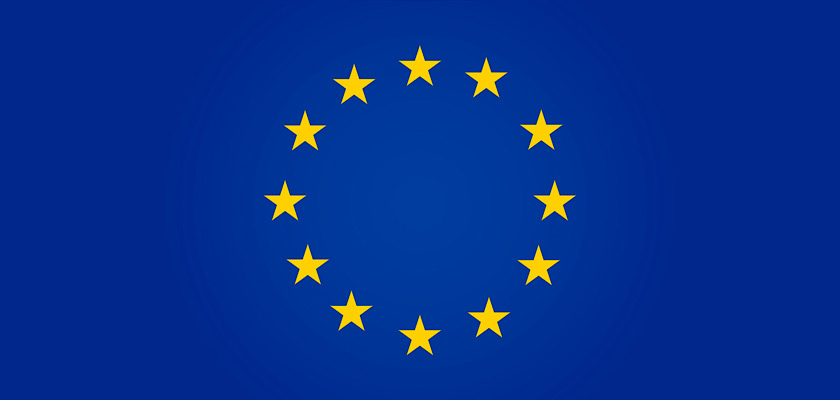A free press is often cited as one of the fundamental foundations for a strong democracy. However, in the digital age, governments around the world are attempting to control the free flow of information online through various initiatives that they say will combat “fake news” and “disinformation.”
The European Commission (EC) is the latest government body to propose one of these initiatives and recently launched a call to create the European Digital Media Observatory. The EC is currently asking for tenders of up to €2.5 million to create “a European hub to fight misinformation online” and the call for tenders will remain open until December 16, 2019.
“The European Digital Media Observatory will allow fact-checkers and academic researchers, to bring together their efforts and actively collaborate with media organisations and media literacy experts. The platform will provide media practitioners, teachers and citizens with information and material aimed at increasing awareness, building resilience to online disinformation and supporting media literacy campaigns.”
The EC goes on to say that the creation of this “observatory” is part of a wider “action plan on fighting disinformation.” This wider plan includes the European Union’s (EU’s) Rapid Alert System – a system through which EU member-states share information about what they deem to be “foreign disinformation campaigns” and coordinate responses. As part of this Rapid Alert System, US-based social media companies, including Facebook, Google, and Twitter, have signed up to a voluntary code of practice where they are expected to cut off revenue streams to and remove the accounts of those who are classed as “purveyors of misinformation” by the EU.
While previous reporting indicates that this Rapid Alert System is a flop and in danger of being abolished, the announcement of this new European Digital Media Observatory is reflective of a chilling pattern of governments using initiatives like these to establish themselves as the sole arbiters of truth.
Singapore recently started enforcing its fake news law which carries a penalty of up to 10 years in jail for “maliciously” spreading what the government deems to be fake news. Last month, the US Department of Defense also said it plans to start scanning articles, photos, videos, and audio to combat fake news.
Initiatives that aim to determine whether news is true or false rarely turn out well with bias and bizarre decisions often creeping into the process. Facebook CEO Mark Zuckerberg recently admitted that there “clearly was bias” in a recent Facebook “fact-check” of pro-life non-profit Live Action. And while reports suggest that Facebook will soon exempt opinion and satire from fact-checking, it has previously faced criticism for fact-checking and suppressing jokes on its platform.








